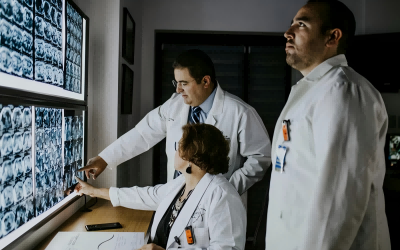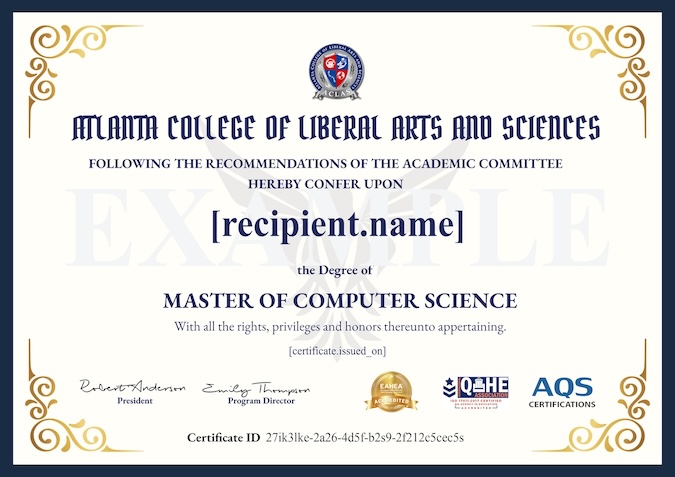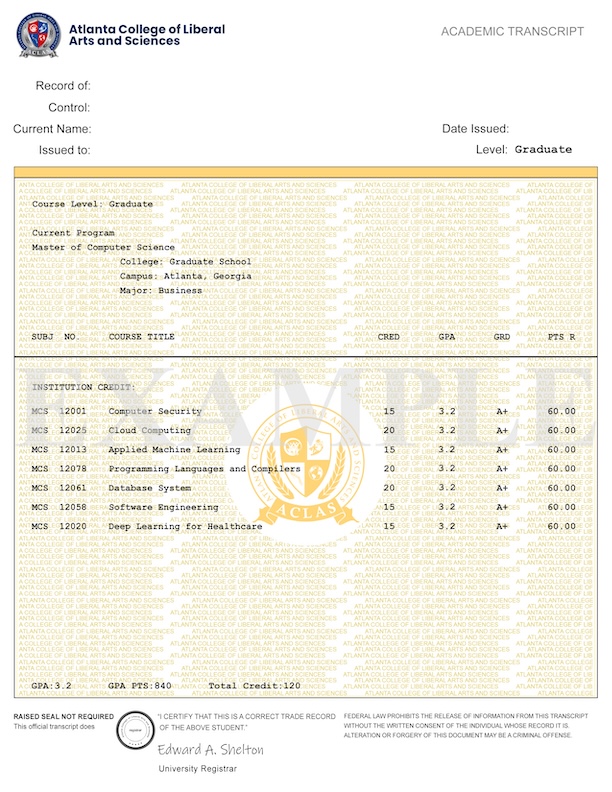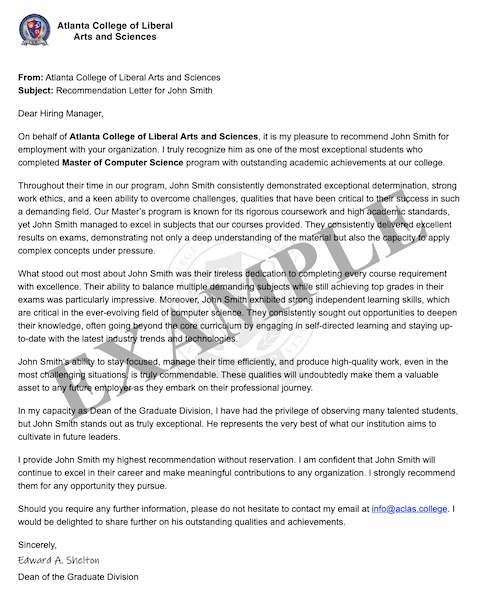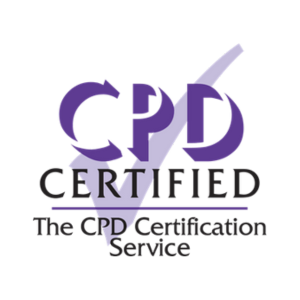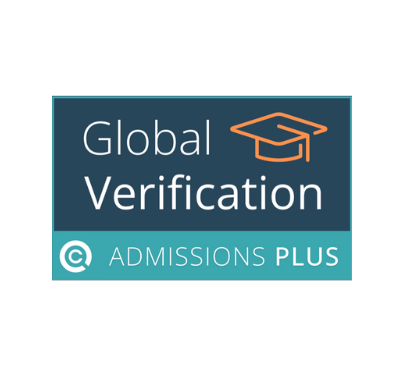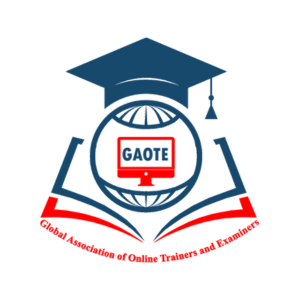Computer Science (CS) focuses on the theory and development of software, algorithms, and systems, emphasizing problem-solving and computational processes. Information Technology (IT) is more practical, dealing with the implementation, management, and maintenance of hardware, software, and networks to meet organizational needs. Information Systems (IS) integrates technology, people, and processes to manage and analyze data for decision-making and business strategy, blending technical and business aspects. Each field has its own focus: CS on creating solutions, IT on applying and managing technology, and IS on utilizing data and technology for business objectives.








